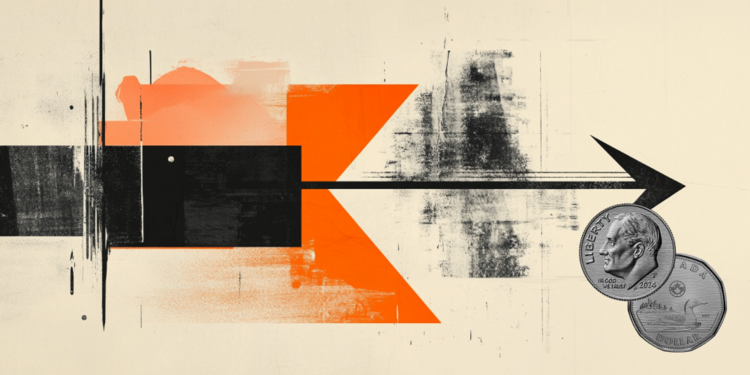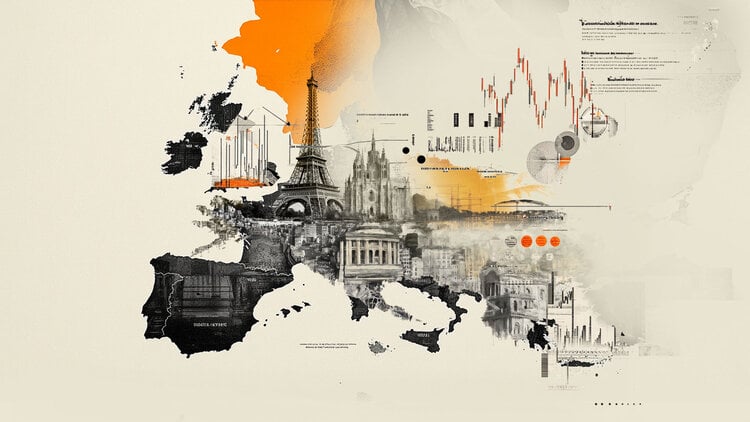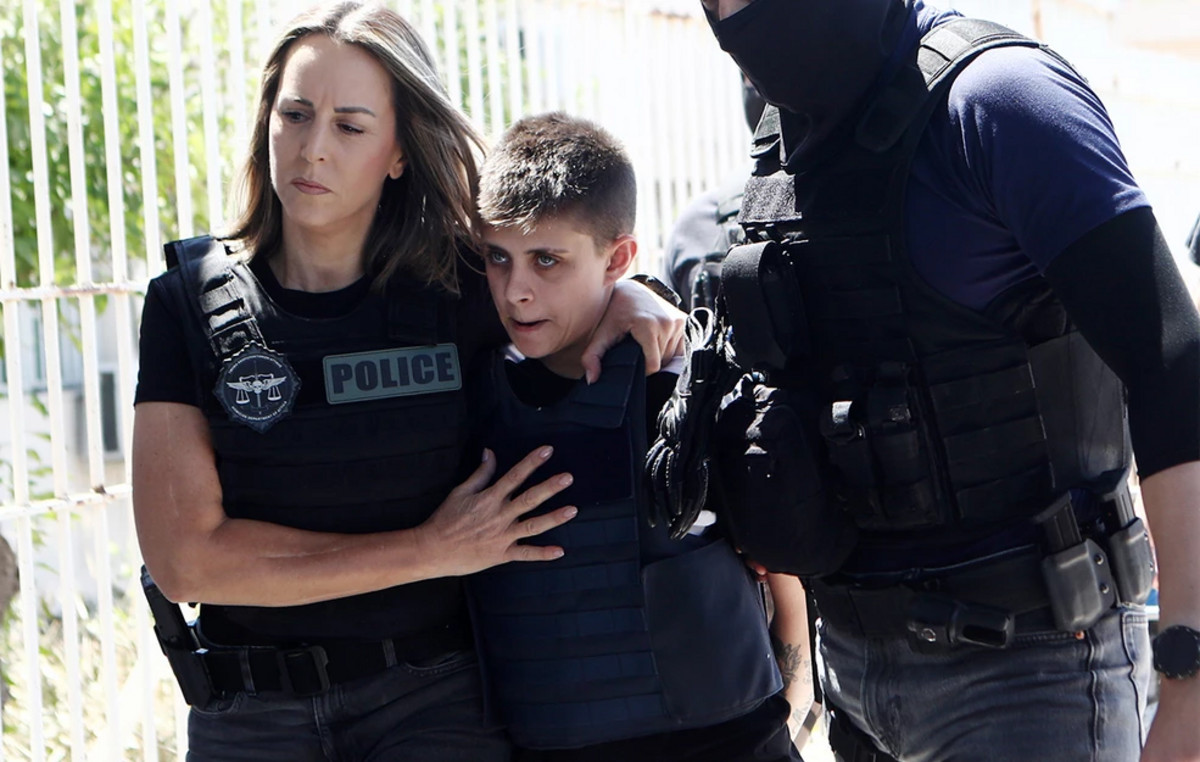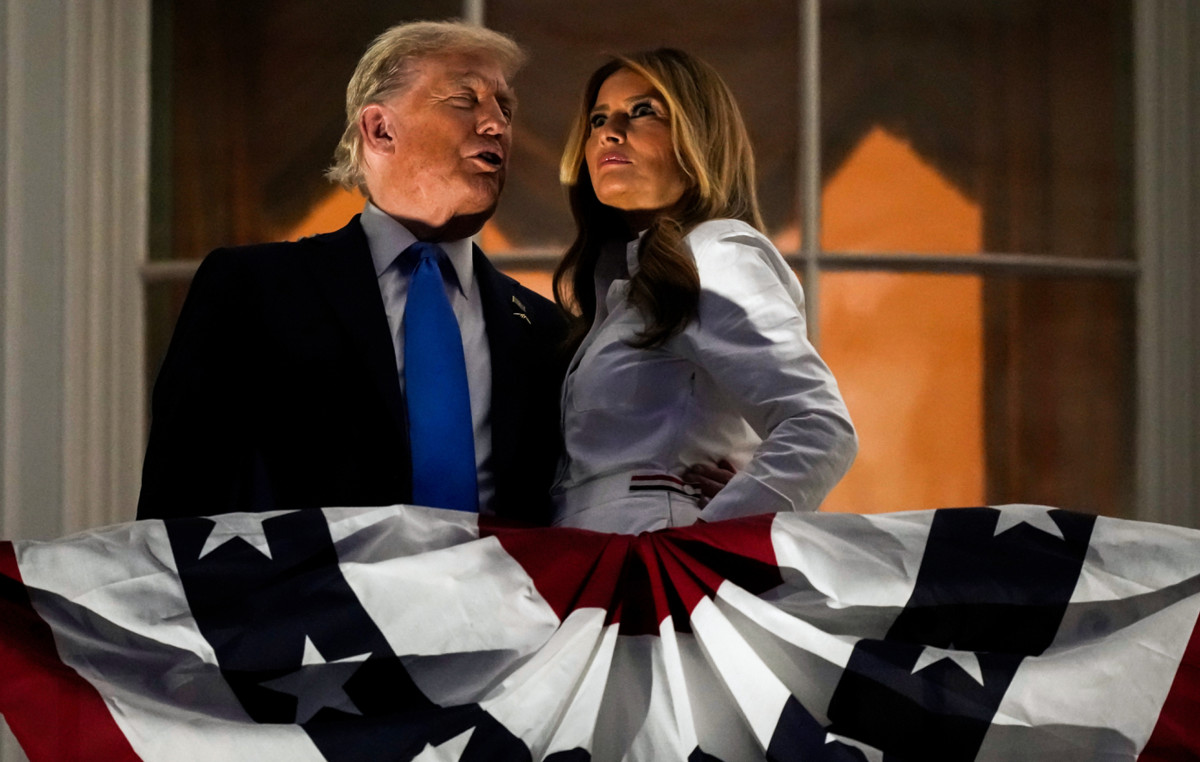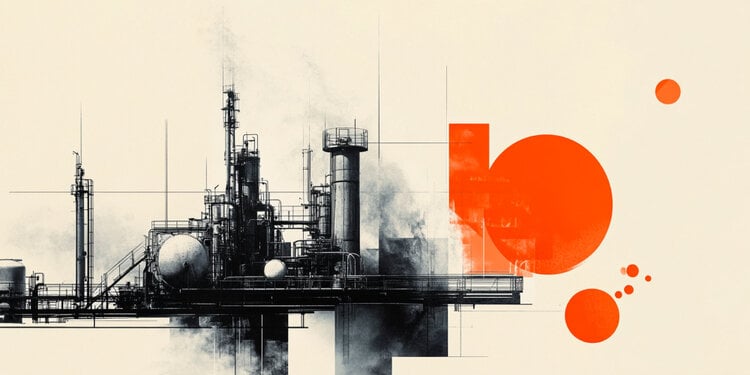Three countries are on the list of US disaffected parties and were not invited to attend this week’s Summit of the Americas in Los Angeles, California.
For the US government, Venezuela, Cuba and Nicaragua are dictatorships and have a history of human rights abuses. That is why they should not participate in a meeting that intends to reaffirm democratic principles.
The White House hopes to welcome 23 leaders to the Summit, but it stressed this week that President Joe Biden does not invite dictators.
Cuba
Cuba’s one-party regime chose its first president from outside the Castro family in 2018 after 60 years under Fidel and Raúl. With a government that offers little room for opposition, poverty and disrespect for human rights are on the list of the country’s main problems.
In 2020, per capita income was less than $10,000 a year. And demonstrations in the streets of Havana have become more frequent. Cubans are asking for better living conditions and access to the internet, which is still precarious.
With the end of the Soviet Union, Cuba lost a large base of economic support. And with the maintenance of the embargo imposed by the US government, the economic situation worsened.
In the opinion of Roberto Neto, professor of American History at the Fluminense Federal University (UFF), the economic blockade on Cuba means fewer jobs and shortages, because the Caribbean island does not have the autonomous capacity to produce what the population needs to survive.
With its 11 million people, Cuba has become the White House’s number one enemy in the Americas since the missile crisis, when the Soviet Union deployed missiles on the island in 1962 in response to US missiles in Turkey. And, to this day, the relationship between the United States and Cuba is fragile.
At the end of May this year, Miguel Díaz-Canel, the Cuban president, said he would not attend the Summit of the Americas even if he had been invited.
In a statement on Monday (7), the countries of the Bolivarian Alternative for the Americas (Alba) bloc, of which Cuba, Venezuela and Nicaragua are part, issued a statement saying that the United States’ decision is discriminatory and unacceptable and that the US government underestimated the support these countries received from the region.
Nicaragua
Disrespect for democracy, poverty and drug trafficking are also part of Nicaragua’s reality.
Daniel Ortega, the country’s president, is already in his fourth presidential term. A revolutionary in the 1970s, he is now accused of abusing power to stay in office.
Opponents were arrested or fled into exile, unable to participate in the elections, which, according to the Organization of American States (OAS), lacked democratic legitimacy.
And student, indigenous and peasant leaders took to the streets in protest against the Nicaraguan government, which is now mired in a political crisis.
The United States and Nicaragua have had a difficult relationship for over 100 years. The Americans occupied the country at the beginning of the last century and, when they left, they left behind the dictatorship of the Somoza family, which lasted more than 40 years. The so-called Sandinista movement, which fought against the American occupation, ended up overthrowing the dictatorship.
One of the leaders of the Sandinista movement was Daniel Ortega who, according to critics, was no longer a revolutionary. In power, he repressed demonstrations and broke with the Organization of American States (OAS).
Professor Roberto Neta explains: “The OAS requires that the countries belonging to the organization respect the democratic clauses. All countries must have democracy, and Nicaragua, in recent years, has derailed towards an authoritarian government, with legal measures that reduce the role of the opposition.”
CIA data show that Nicaragua, the poorest country in Central America and the second poorest in the Western Hemisphere, has widespread underemployment and poverty. The country’s annual Gross Domestic Product (GDP) in 2020 was negative 2 percentage points.
In addition, the country is a transit route for drug traffickers who smuggle cocaine from South America through Mexico to the United States via sea and air routes.
Traffickers exploit children through forced participation in the production and trafficking of illegal drugs. A challenging scenario for a population in extreme poverty.
Source: CNN Brasil
I’m Susan Karen, a professional writer and editor at World Stock Market. I specialize in Entertainment news, writing stories that keep readers informed on all the latest developments in the industry. With over five years of experience in creating engaging content and copywriting for various media outlets, I have grown to become an invaluable asset to any team.

